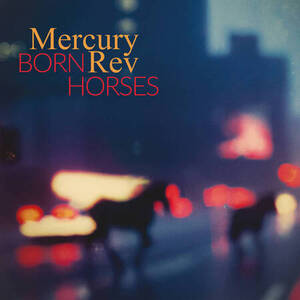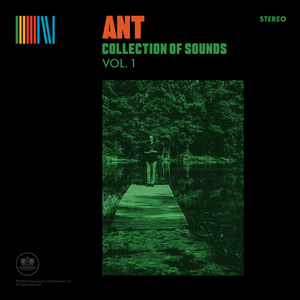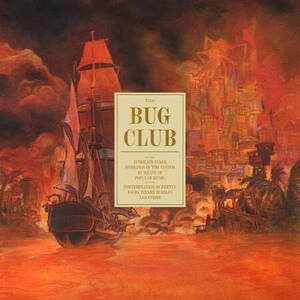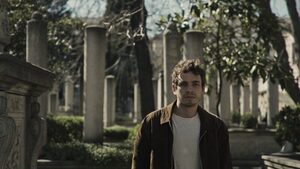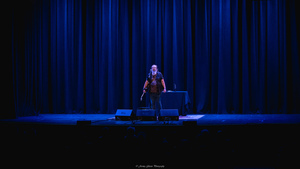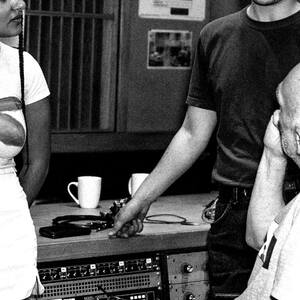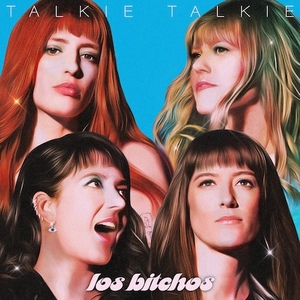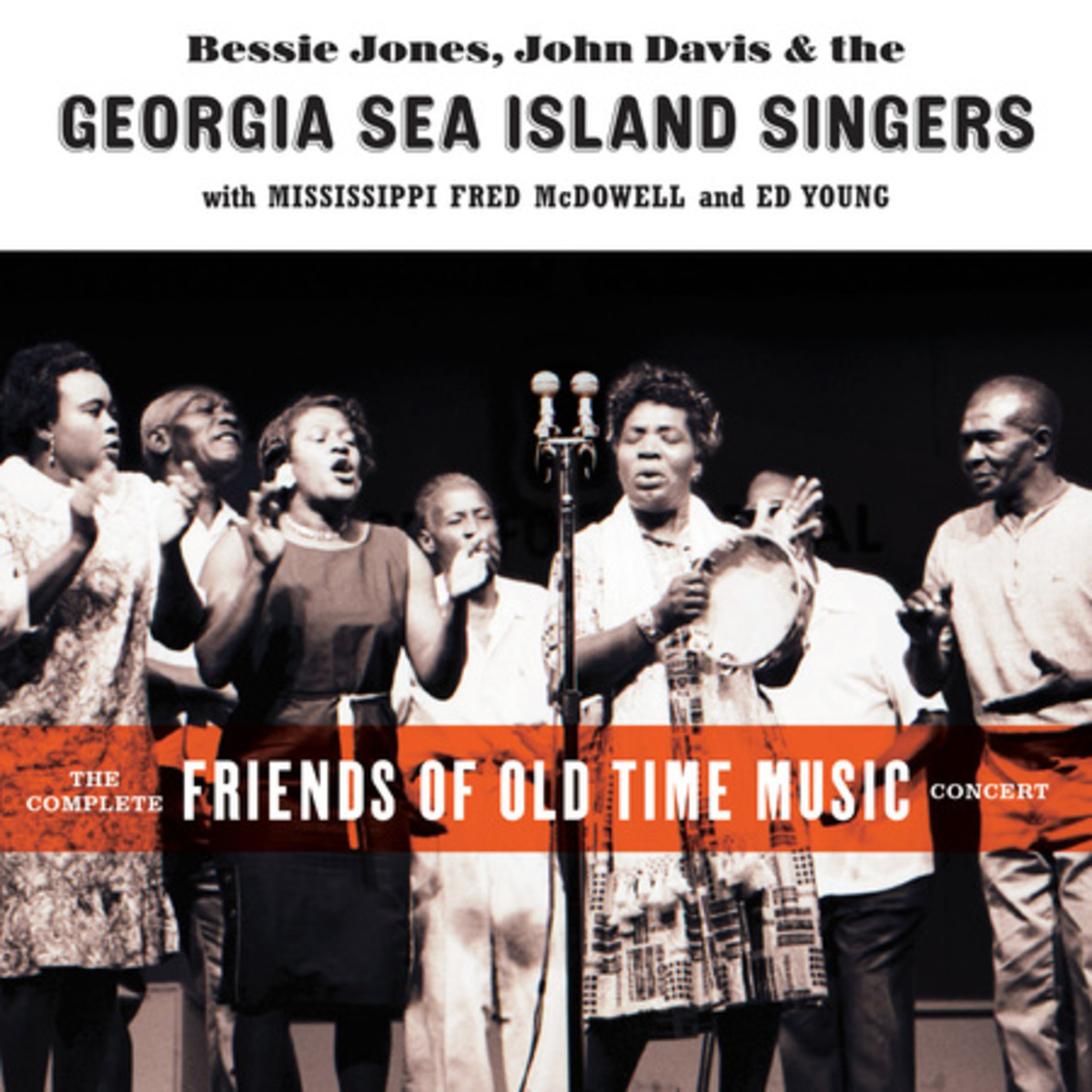
Bessie Jones, John Davis, and the Georgia Sea Island Singers with Mississippi Fred McDowell and Ed Young
The Complete Friends of Old-Time Music Concert
Smithsonian Folkways Records
This record transports the listener to a different time. When this concert was recorded in 1965, racial equality was a radical notion. Suggesting that the arts of African Americans were as worthy as orchestral music from Europe or the slick pop songs of Frank Sinatra were powerful ideas. The Complete Friends of Old Time Music Concert is a living example of the work of ethnomusicologist Alan Lomax, Zora Neal Hurston, and others who traveled the back roads to preserve the songs of African Americans in their natural state. Without Lomax and his colleagues, there wouldn’t have been a folk music revival or a blues revival in the 1960s. Without the folk and blues revivals, we wouldn’t have rock and roll, and music would be very different today.
At the heart of this performance are the incredible voices of the Georgia Sea Island Singers. The Golden Isles of Georgia were remote and isolated. In their isolation, the Gullah/Geechee people retained more of their connection to Africa. Their spoken language has many similarities to Yoruba and other West African languages. Their music retains strong ties to Africa as well. Their songs were also encoded with powerful messages of resistance to slavery and oppression.
Also featured on the bill were Mississippi Fred McDowell and Ed Young from the Mississippi Hill Country. McDowell was one of the bluesmen “discovered” by Alan Lomax. When Lomax first met McDowell, he was working in the cotton fields by day and playing juke joints and house parties by night. By the time this concert was recorded, he was a star on the folk and blues revival circuit. Ed Young represents an African American music older than the blues. Young plays the cane fife and was part of the fife and drum band tradition. Musicians like McDowell and Young inspired people like R.L. Burnside and the Black Keys.
The concert is presented somewhat like a lecture. Alan Lomax acts as the MC, introducing sections of the concert by telling the audience what kind of songs they are hearing. The concert opens with a selection of dances and children’s songs. Bessie Jones of the Sea Island Singers gives the mostly white audience an introduction to the styles of clapping that act as percussion on so many of their songs. Even the children’s songs have a deeper meaning. “Buzzard Lope (Dance)” is introduced as a children’s song, but the buzzards loping about in the field are picking at the bones of deceased slaves who were dumped in the fields instead of buried.
The program proceeds to a selection of work songs. “Goodbye My Riley O” is a simple call and response song with rich harmonies. “Join the Band” has been adapted by many rock bands over the years. Following the work songs, Mississippi Fred McDowell gets his first set playing raw country blues. McDowell’s haunting acoustic guitar accents his plaintive call on “Going Down to the River.”
There is more collaboration between the performers from here on out. The next section of the program is Bible inspired songs. These Gospel songs make up the largest segment of the program. McDowell and Young accompany the singers on some songs. The Gospel section is followed by more country blues. Ed and Lonnie Young take lead on their version of the Memphis Minnie song, “Chevrolet,” and McDowell’s slide guitar powers “Write Me A Few of Your Lines.” Mabel Hillery (Georgia Sea Island Singers) takes over the vocals on “Don’t Ever Leave Me” in a duet with McDowell.
The final section of the program is called “Bringing It Home.” The earlier songs could be relegated to folklore if one were inclined, but the concluding three tracks bring the Civil Rights struggle to the fore. Mabel Hillery introduces “Marching on the Mississippi Line.” Hillery was a noted Civil Rights activist and frequently joined protest marches. She said she felt a little guilty singing at the concert instead of being with her comrades, but concluded by saying, “If I can’t march, I can sing.” The show closed with a Gospel inspired rave up, “Before This Time Another Year.”
In this time of factory manufactured K-Pop, it’s easy to forget how powerful music has been for galvanizing people to action. The Complete Friends of Old Time Music Concert takes us back to a time when music was really a moving force in American life. Peter Siegel, who recorded the original concert, said “Bessie Jones and John Davis were very aware of their mission to help people understand this music, where it came from, and how it could inform the future.”


